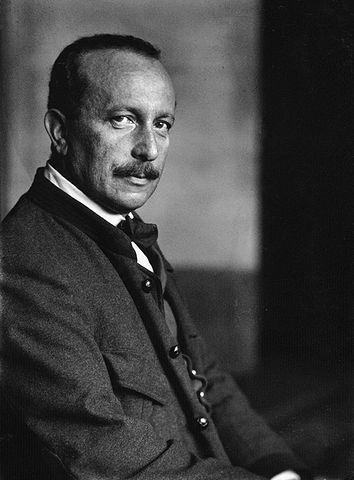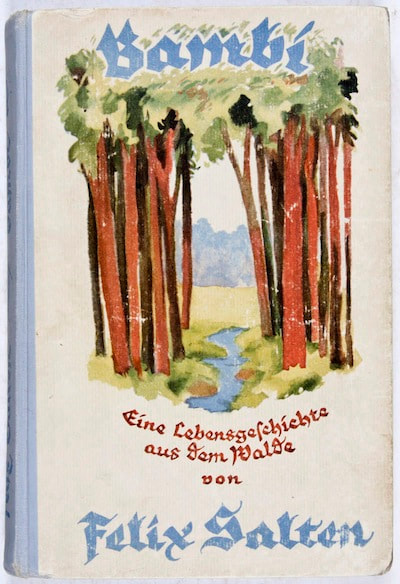|
Dear Brae,
When people hear the word "Bambi," they immediately think of the Disney movie. Indeed, "Bambi" was, at the time, a controversial film, given that it featured more violence on the screen than one expected in a 1942 animated children's movie. If your only knowledge of the story is from the Disney movie, almost everything you know about Bambi is wrong. Bambi is the life story of a roe deer living in a forest all too perilously close to man. It is a talking animal story told from the perspective of the animals: every animal and insect Bambi encounters can speak. However, unlike some talking animal stories, Salten treats the animals with a deep dignity and respect. His characters are not silly, but respectful and real. Salten's Bambi starts life with wonderful descriptions of glee and discovery, but also learning and growing. Fear is ever present in Bambi and does a great deal to bring emotional depth to even Bambi's early childhood. In the wild and real life, deer have strong, immediate fear reactions, and Salten describes them with such vividness that parts of the story will make your heart race. Their world is perilous. Bambi's mother memorably warns him of the dangers of the open meadow before their first venture into it, and that meadow and its dangers remains a both a joy and a fear throughout the book. The book holds both joy and freedom and loss and disaster. This is not a book with a moral, but it is a book with a message. This is also some of the very best nature writing I've read. It is, in fact, beautiful. My favorite part of the book was when Salten writes a short chapter about the onset of winter. The entire chapter is told from the perspective of two leaves, clinging to their branch after some of their neighbors have already fallen. Wow! Miss Hesse |
The scene of the two leaves, in the end, was left out of the movie. This is a perfect example of --what works in beautifully written prose, does not always translate into film where the words are changed.
Although he was born in Budapest, Austria-Hungary (on the Pest side), Felix Salten’s Jewish family moved to Vienna just weeks after his birth on 6 September 1869, as Siegmund Salzmann. (Many Jews immigrated to the city during the late 19th century because Vienna had granted full citizenship to Jews in 1867.




